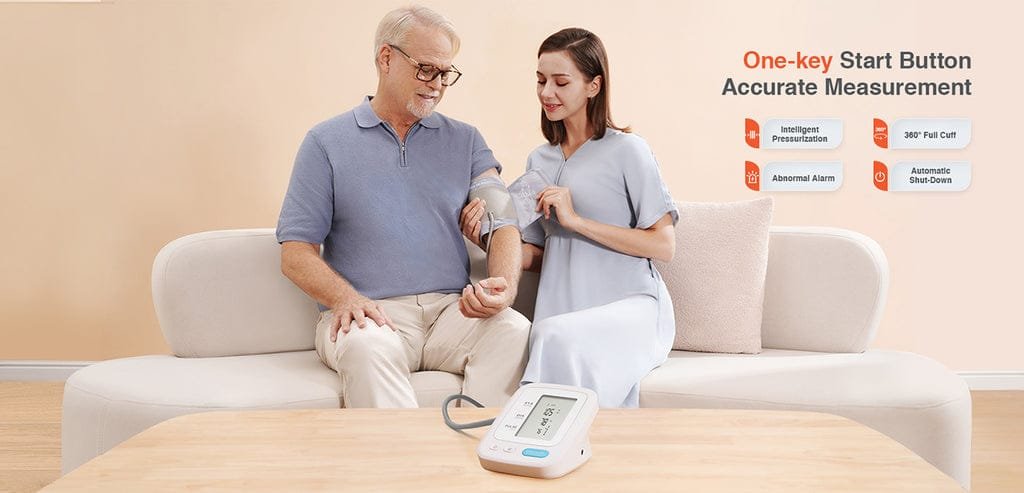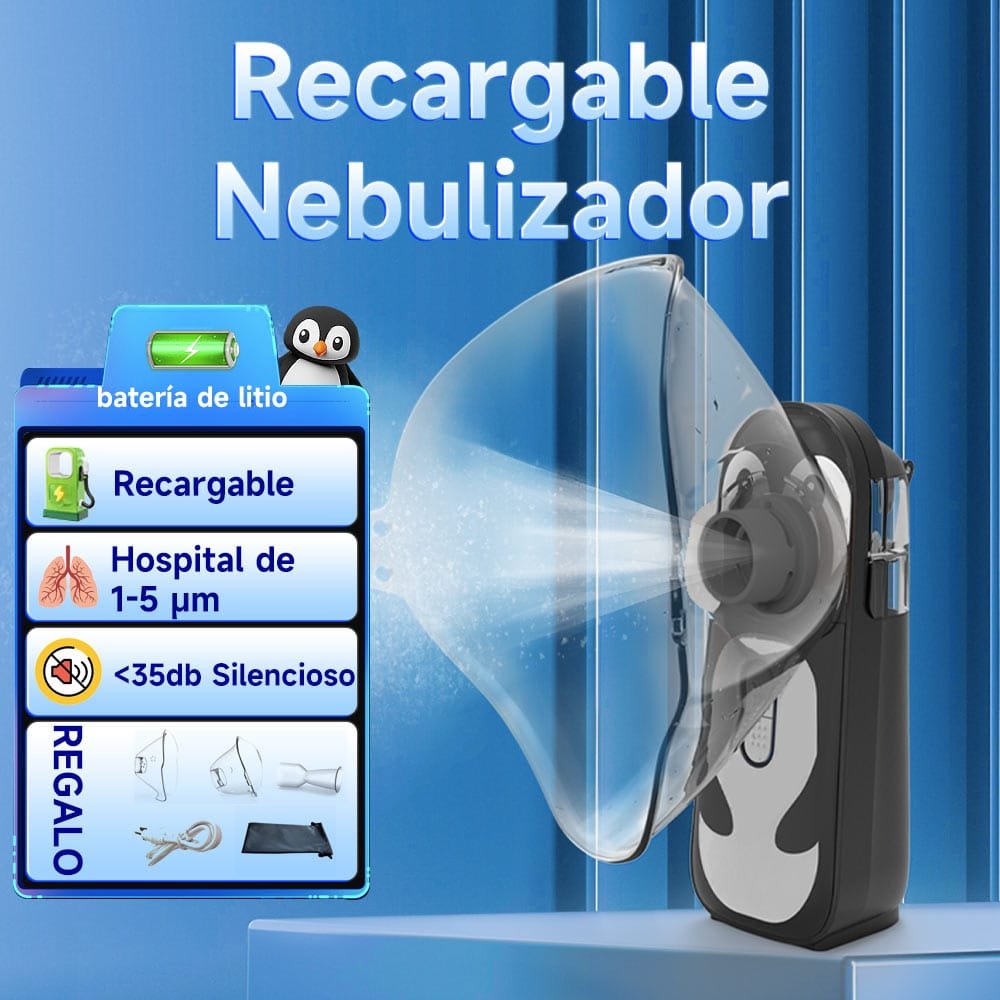환자가 집에서 혈압을 측정할 때 측정값에 영향을 미치는 요인은 무엇인가요?
Have you heard the term “blood pressure” before? I think your answer might be, yes. So first, let’s review “What is blood pressure? What does normal blood pressure mean? How is it measured?”
The pressure of circulating blood on the walls of blood vessels is called blood pressure. Normal blood pressure is a blood pressure measurement between 90/60mmHg and 120/80mmHg. Measure your blood pressure with a blood pressure monitor.
If you have high blood pressure you should know how important it is to have your blood pressure checked regularly.
For those of you who suffer from high blood pressure, you usually use a blood pressure monitor to measure your blood pressure at home, and rarely go to the hospital for measurement. But do you know what can cause sudden spikes or dips in blood pressure that can lead to erroneous results? It could be the position of your hands, your emotional state, or the temperature in the room. These are some factors that may cause the measurement results to be different.
Then look at the following 10 factors that will affect your blood pressure measurement results:
1. The blood pressure cuff is not installed correctly
Most errors in blood pressure readings are caused by the blood pressure cuff being positioned incorrectly on the device, you should not feel that it is too tight or too loose on your arm. A cuff that is too tight can increase your performance by 2 to 10 mmHg, which is why it is worth noting and making sure you are wearing it correctly.
2. Physical activity before blood pressure measurement
The heart rate needs to be as calm as possible before you start measuring. Physical activity, such as walking, exercising, running, and sometimes even basic household chores can have a serious impact on your blood pressure readings. So, it’s best to spend a few minutes sitting or lying down until you feel your heart rate has stabilized completely before using a blood pressure monitor.
3. Smoking
Tobacco, cigars, etc. contain nicotine, which increases blood pressure and heart rate. For example, smoking can cause an immediate increase in blood pressure of 5 to 10 mmHg for a short period. It is best not to smoke for at least 30 minutes before having your blood pressure measured.
4. Eat a healthy diet
It is recommended that you wait 30 minutes before or after meals to measure your blood pressure. Digestion can lower blood pressure readings. Poor nutrition or starvation, as well as spicy foods, can also cause inaccurate blood pressure readings. Eating a healthy diet can help lower blood pressure in the long run.
5. Pressure
While anxiety and psychological stress are not major contributors to chronic high blood pressure, they can affect your blood pressure readings during the measurement. When you’re stressed, your body releases a stress hormone called cortisol. If you are stressed before or during the measurement, the increase in cortisol levels can lead to an increased heart rate and blood pressure. Breathe and exhale deeply before and during the measurement to try to relieve stress and lower the blood pressure reading.

6. Improper body posture and arm placement
You need to stand in a strictly prescribed position to take your blood pressure. When you measure while sitting, your arms should be straight, about 6cm below your shoulders, close to your heart level. Your legs should not be crossed, and your arms should remain still and firmly supported on the back of a table or chair. If you let your arm hang down, your blood pressure reading will be lower than it is (up to 12 mmHg). If you’re taking your blood pressure lying down, make sure your arms are at your sides, parallel to your body.
7. Caffeine/Alcohol
Beverages containing caffeine and alcohol can increase blood pressure readings, such as coffee, black/green tea, energy drinks, etc. Different people respond differently over time, so it’s best to measure your blood pressure before drinking any alcoholic or caffeinated beverages. Studies show the effects can last anywhere from 30 minutes to several hours.
8. Ambient temperature
Blood pressure readings are often higher than normal when measured in cold weather. This is because when blood vessels constrict due to cold temperatures, blood pressure readings increase. After all, blood requires greater pressure to flow through narrower vessels. So, if you feel cold during the measurement, your blood pressure may be higher than the normal reading.
9. Keep quiet
Research shows that talking can raise blood pressure readings by 10 to 15mmHg. Although the results of this study surprised me. So, don’t talk during the measurement, keep quiet, and calm and breathe deeply to get a correct reading.
10. Bladder full
When the bladder is full, the pressure on the kidneys puts pressure on the blood vessels. Remember to go to the toilet before taking your blood pressure, as a full bladder can add 10 to 15 mmHg to your results.
Many factors affect blood pressure, such as lifestyle, exercise, food and drink, and climate change can also affect the results of blood pressure measurements. These 10 factors are just what most people should pay attention to.




